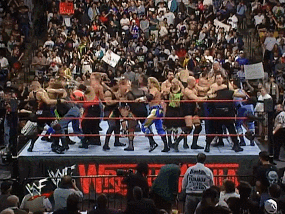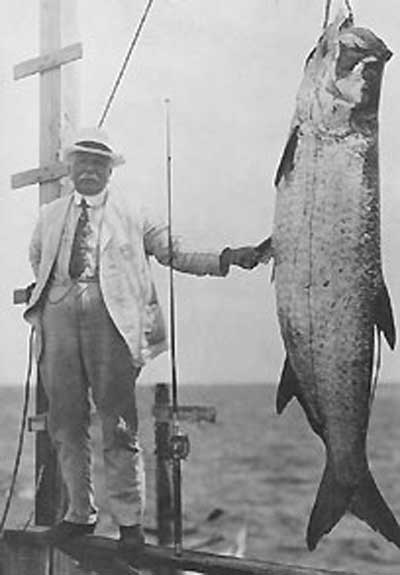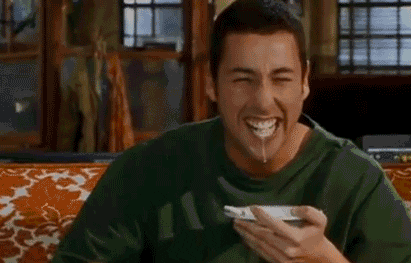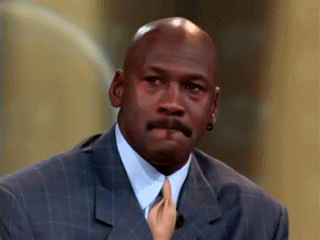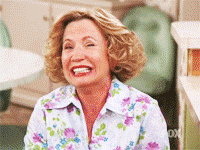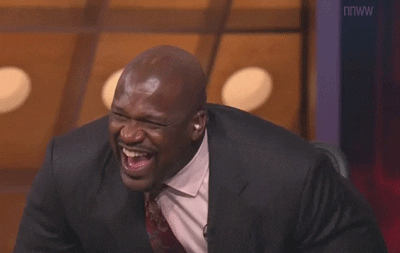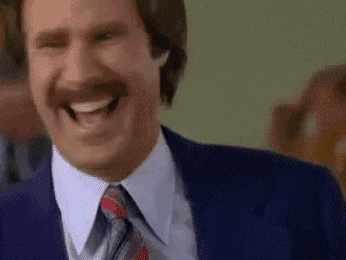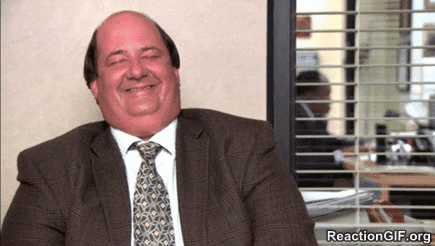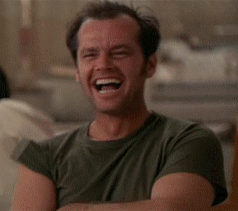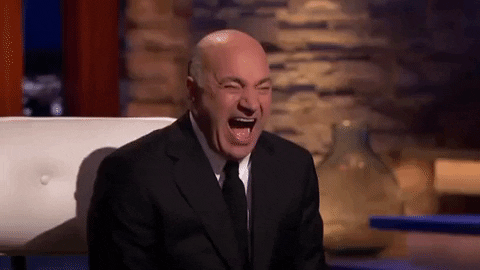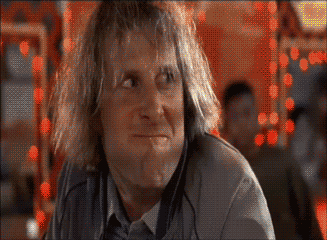Rupp was the head coach at Kentucky during the
point shaving scandal of 1951. On October 20, 1951, former Kentucky players
Alex Groza,
Bill Spivey,
Ralph Beard, and Dale Barnstable were arrested for taking bribes from gamblers to
shave points during the
National Invitation Tournament game against the
Loyola Ramblers in the
1948–49 season.
[13] This game occurred during the same year that Kentucky won their second straight NCAA title under Rupp.
[14] Rupp and the university were criticized by the presiding judge, Saul Streit, for creating an atmosphere for the violations to occur and for "failing in his duty to observe the amateur rules, to build character, and to protect the morals and health of his charges".
[15] Rupp denied any knowledge of the point shaving and no evidence was ever brought against him to show he was connected to the incident in any way.
[16]
At the conclusion of this scandal, a subsequent NCAA investigation found that Kentucky had committed several rule violations, including giving illegal spending money to players on several occasions, and also allowing some ineligible athletes to compete.
[16] As a result, the
Southeastern Conference voted to ban Kentucky from competing for a year and the NCAA requested all other basketball-playing members not to schedule Kentucky, with eventually none doing so (this is now known as the "death penalty").
[17] Because of these actions, Kentucky was forced to cancel the entire 1952–53 basketball season. Years later,
Walter Byers, the first executive director of the NCAA, unofficially referred to this punishment as the first de facto
NCAA death penalty, despite the current rule first coming into effect in 1985, thus the NCAA having no such enforcement power previous to that.
[18][19] Echoing Mr. Byers' view, the NCAA's official stance is very much the same, as they also state in hindsight, "In effect, it was the Association's first "death penalty," though its enforcement was binding only through constitutional language that required members to compete against only those schools that were compliant with NCAA rules. Despite fears that it would resist, Kentucky accepted the penalty and, in turn, gave the NCAA credibility to enforce its rules.

